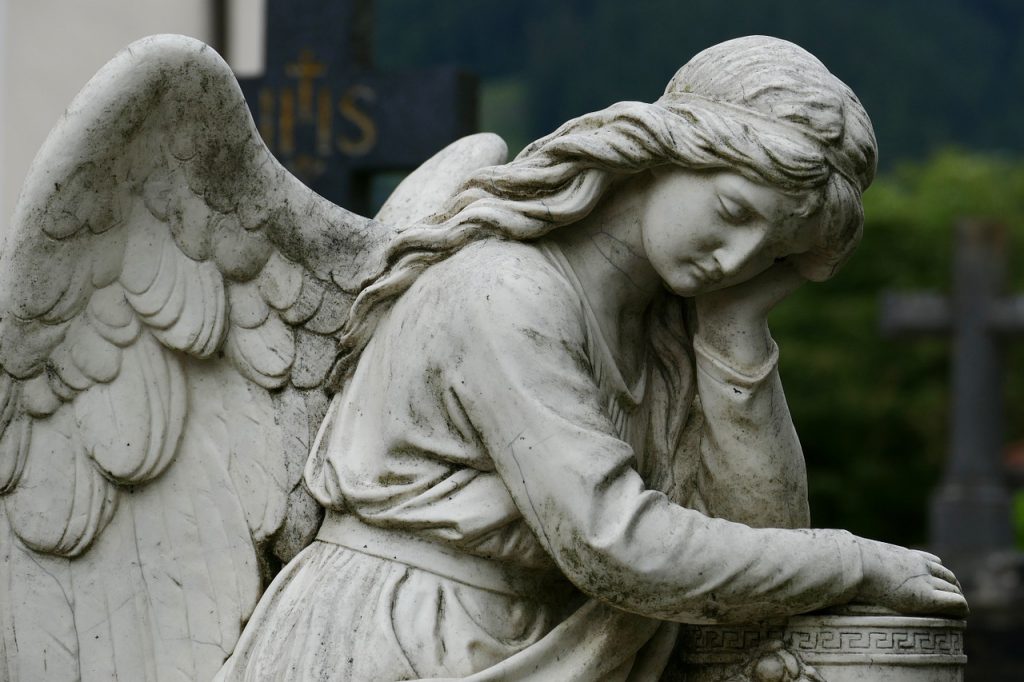
If the suicide was recent, you are probable hardly able to believe that this has really happened. You probably felt like you have been hit by an invisible bullet, leaving you stunned, weak and devastated. You can hardly think straight at all and don’t know how you are going to get through the next week, let alone the rest of your life. The world outside seems unreal. You feel like an alien or a zombie on the planet. Time seems to have frozen. You can’t think about anything not connected to your loss.
We have endless WHY questions about the real reasons behind someone‘s suicide and often feel guilty about not having been able to prevent what happened. We often think: If only I had got there sooner; if only…….. We keep going over what happened and try to work out how things could have been different and turned out better. We wish we could turn the clocks back.
Most of us used to feel we had a good relationship with the person we lost. We thought we had done our best to contribute to their emotional well-being and happiness. However, after suicide we often question this and some people experience profound feelings of personal failure, inadequacy and guilt. Fear of being judged as failures by other people often leads to a reluctance to reveal the cause of death to relatives, friends and other people we come into contact with.
Blaming ourselves or other people doesn‘t contribute to healing. Forgiveness becomes very important. Crying actually contributes to emotional healing, so feel free to cry as much as you want to.
Feelings of anger, and feeling rejected and abandonned seem to be quite common when a partner or parent takes their own life. With parents losing sons and daughters, the self-accusation and WHY questions seem to predominate.